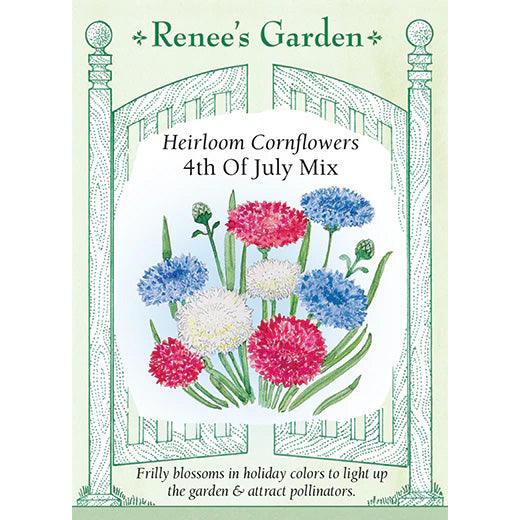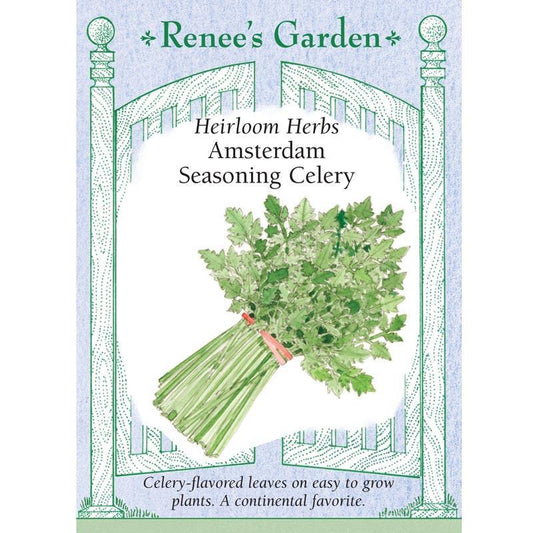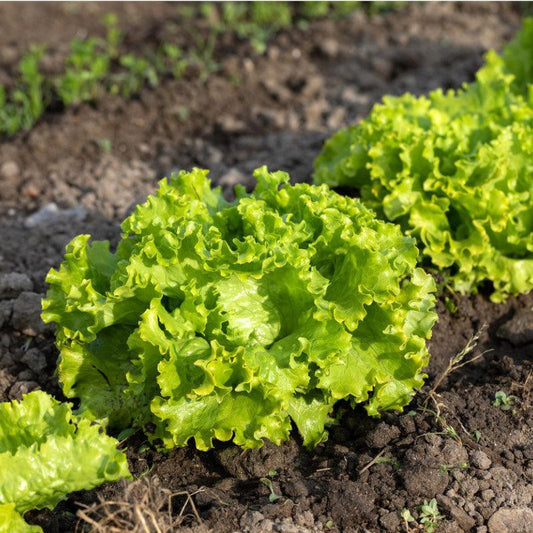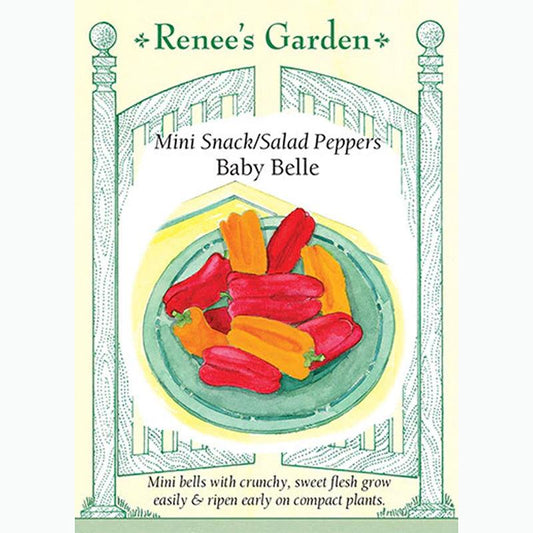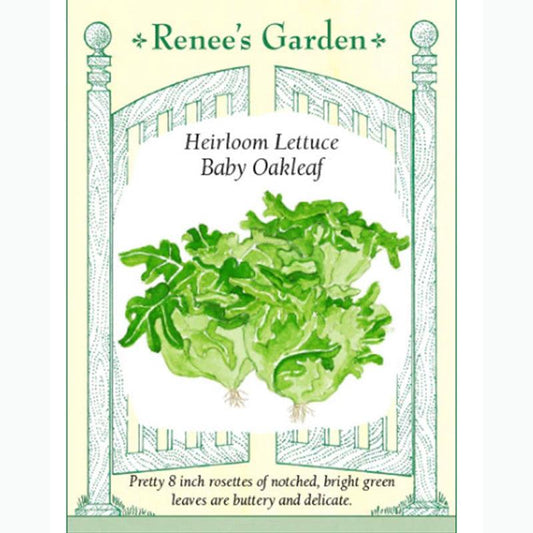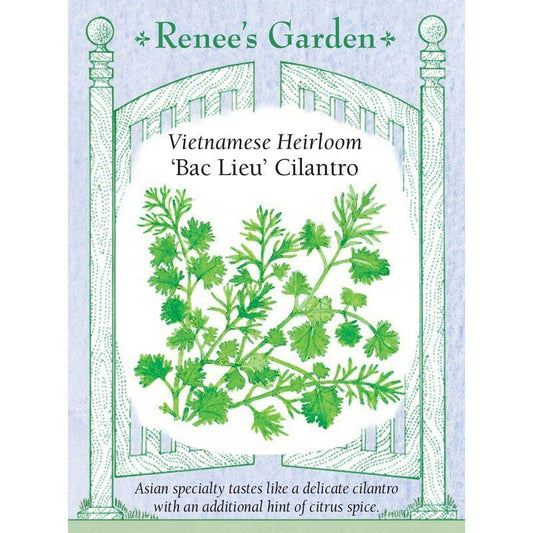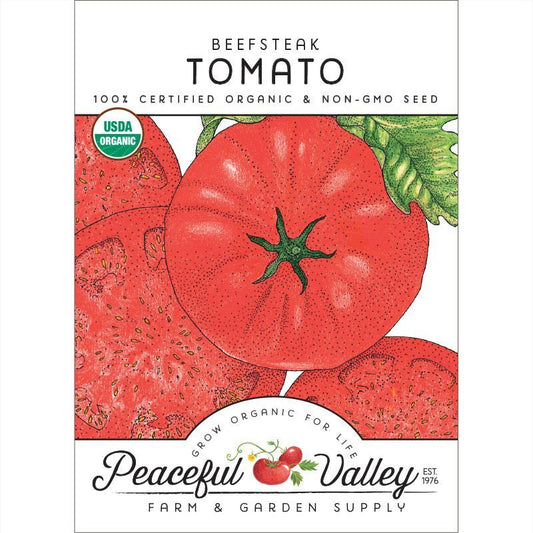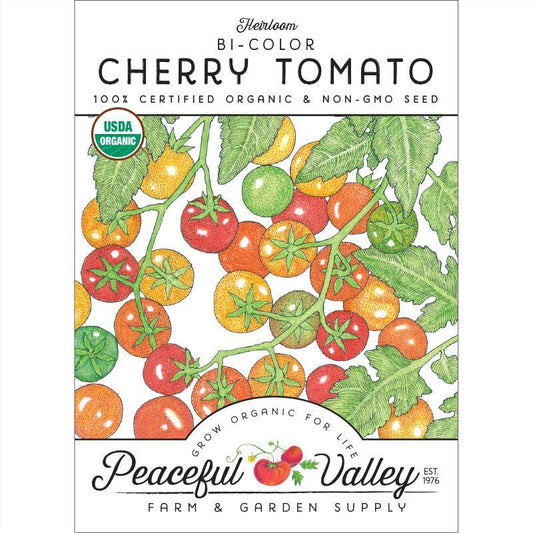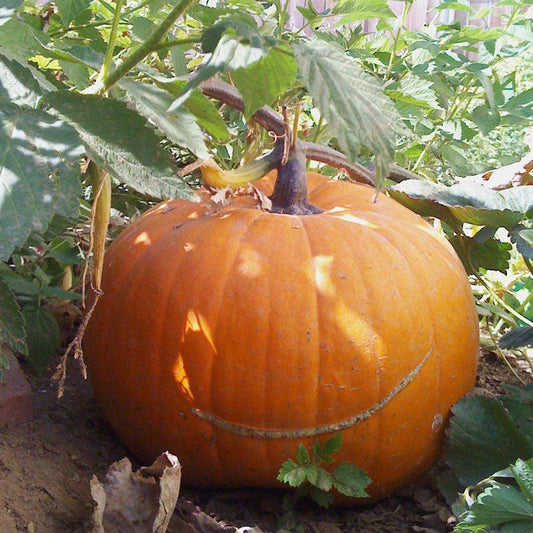Grow Organic Seeds for a Thriving and Sustainable Garden
Our seed packs offer a wide selection of vegetables, herbs, flowers, and cover crops, making it easy to grow organic seeds for a healthy, thriving, and sustainable garden. Whether you're looking for heirloom vegetable varieties, pollinator-friendly flowers, or bulk seed options, our high-quality, non-GMO seeds ensure strong germination and bountiful harvests. With expertly curated seed packs, we provide gardeners with reliable, fresh seed varieties suited for every growing season.
A Wider Selection with Quality Brands at Grow Organic
At Grow Organic, we offer a broad range of premium seed packs from multiple high-quality brands. Our carefully curated collection ensures that you have more selection and better options, so you can find the best seeds for your needs. Whether you’re looking for heirloom, organic, or non-GMO varieties, our trusted brands provide seeds that will thrive in your garden.
Why Choose Our Seed Packs?
-
Diverse Selection for Every Garden – Whether you're planting vegetables, flowers, or herbs, we offer the perfect seed packs to suit any space.
-
High Germination & Non-GMO – Our seed packs are tested to ensure healthy plant growth and strong germination rates, giving you the best start to your garden.
-
Eco-Friendly & Sustainable – By growing organic seeds, you contribute to reducing reliance on store-bought produce, supporting a more sustainable gardening practice.
-
Perfect for All Garden Sizes – From small raised beds to large fields or container gardens, our seed packs are suitable for gardens of all sizes.
-
Bulk Seed Options Available – Need a larger quantity? We offer bulk seed selections that provide excellent value for large plantings or farms.
Types of Seed Packs Available:
-
Vegetable Seed Packs – Grow your own tomatoes, leafy greens, peppers, and root vegetables.
-
Herb Seed Packs – Cultivate fresh basil, cilantro, dill, and other culinary favorites.
-
Flower Seed Packs – Create a pollinator-friendly garden with sunflowers, zinnias, and wildflowers.
-
Cover Crop Seed Packs – Improve soil health with clover, buckwheat, and nitrogen-fixing crops.
A Brief History of Seeds & Gardening
For centuries, farmers and home gardeners have relied on seed saving and careful seed packing to ensure plant diversity and food security. Today, modern seed packs make it easier than ever to access premium seeds for sustainable gardening.
How to Get Started with Our Seed Packs:
-
Choose the Right Seed Pack – Select varieties suited to your climate, garden space, and growing season.
-
Prepare the Soil – Ensure nutrient-rich, well-draining soil for optimal germination.
-
Plant & Water Regularly – Follow seed-specific instructions for spacing, planting depth, and watering needs.
-
Harvest & Enjoy! – Whether you're growing for fresh food, beautiful flowers, or soil improvement, enjoy the rewards of homegrown success.
Shop All Seed Packs & Start Growing Today!
Find the best vegetable, herb, flower, and cover crop seeds for your garden. With a variety of high-quality brands to choose from, our seed packs offer more selection and better options to help you create a thriving, sustainable garden. Order now and experience the benefits of premium, organic seed packs!
We can help you find the best organic and non-GMO seed varieties. Find more information in our Resource Center on Seed Starting and Seed Starter Kits. And be sure to check your USDA Growing Zone
For more information, see our resource center and Seed Starting 101.


